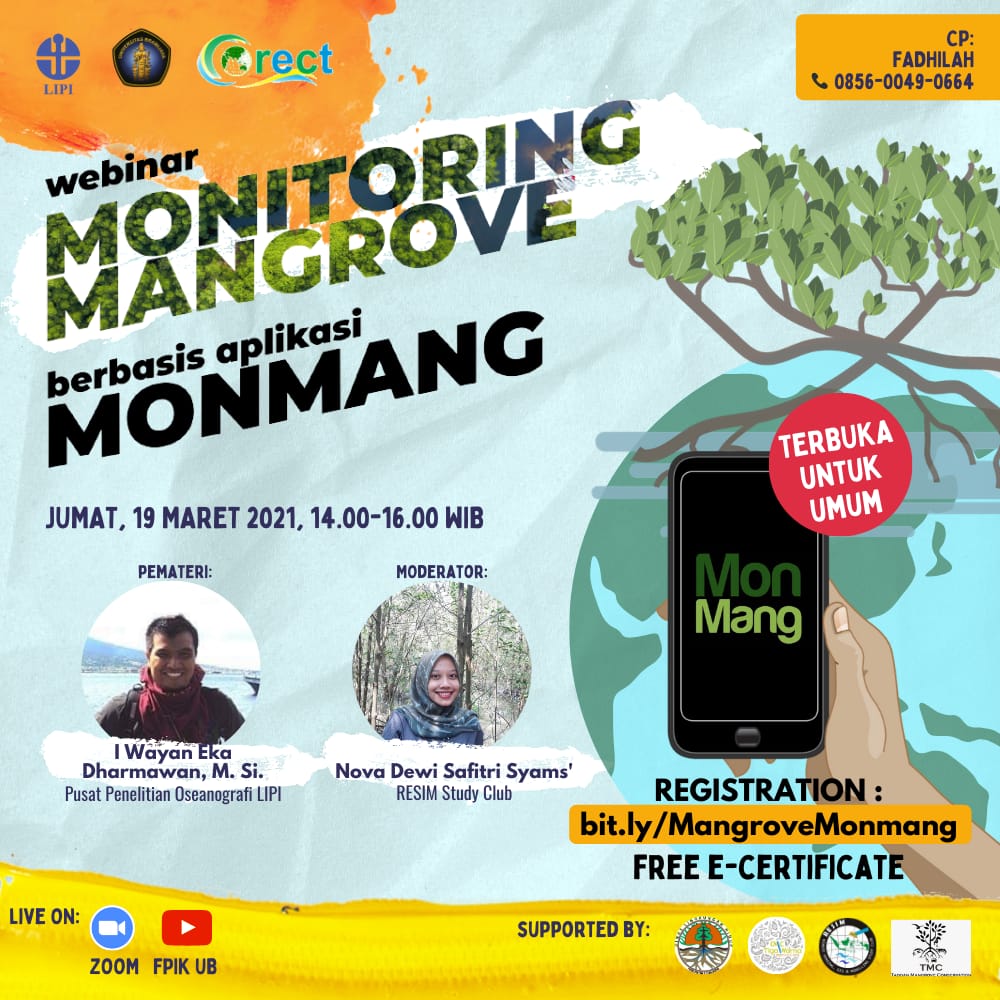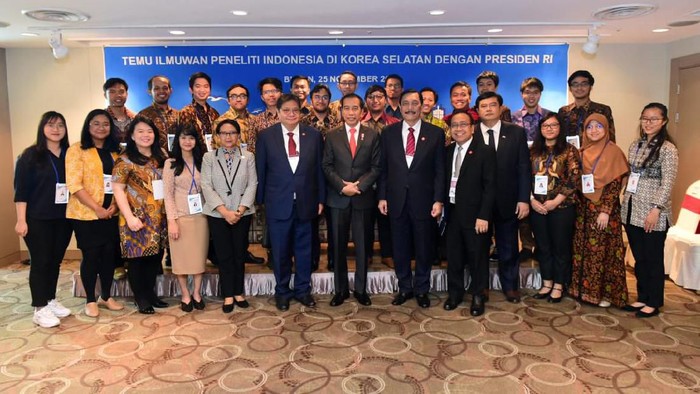Indonesia has the largest area of mangroves in the world (3.5 million Ha), represents more than one fifth of the world’s mangroves, with the highest species diversity in the world. Even so, report from the MMAF shows a fairly high rate of mangrove destruction, where 52% or 1,82 million Ha of Indonesia’s mangrove areas are in a damaged condition (KKP, 2020). On the other hand, the availability of standardized data on mangrove conditions in Indonesia is still a big challenge to resolve.
Good quality database surely provide enormous benefits, not only for mangrove management activities, but also for further research on mangrove ecosystems. For this purpose, collaboration between stakeholders is needed to be involved together in mangrove monitoring with standard tools. The involvement of stakeholders related to mangrove ecosystems such as academics, NGOs, local governments and conservation community groups will be an important part of the implementation of Citizen Science. Currently, P2O LIPI has developed MonMang, an Android-based application that simplifies mangrove monitoring activities. The various features in this application allow anyone from different background and level of knowledge to be actively involved in mangrove monitoring activities.
In order to improve UB’s academic community and mangrove stakeholders, on Friday, March 19, 2021, 14.00 – 16.00 WIB, Corect-RG and P2O LIPI carried out a webtraining entitled “Mangrove monitoring based on the Monmang application”. This activity was attended by 300 participants, with speaker from P2O LIPI: I Wayan Eka Dharmawan, M.Si, a mangrove researcher and the head of Monmang development team. This activity is part of the collaboration plan between FPIK UB and P2O LIPI, including mangrove monitoring based on Monmang, research related to mangrove and other activities, especially in the mangrove area of East Java.
Link video training:


